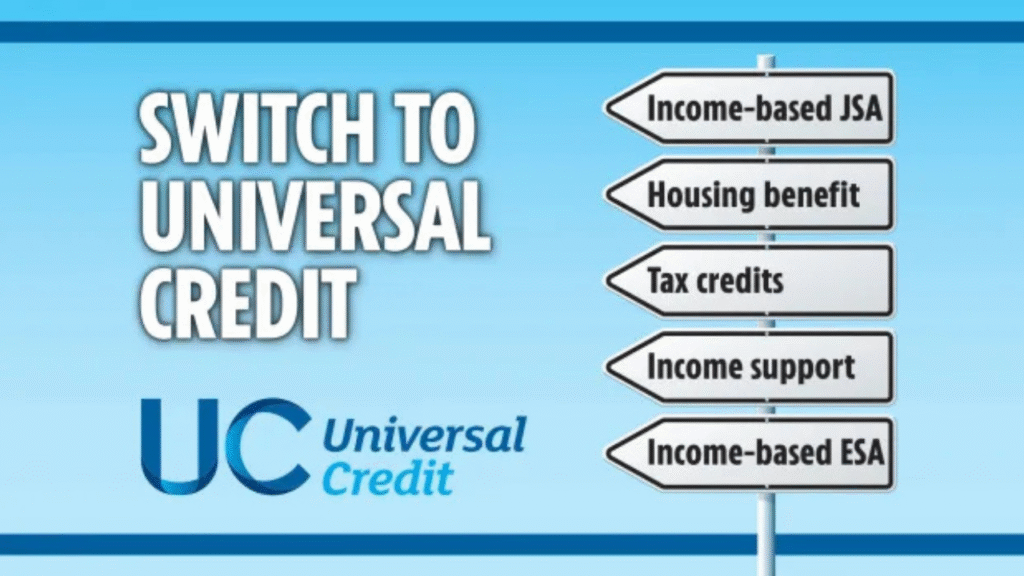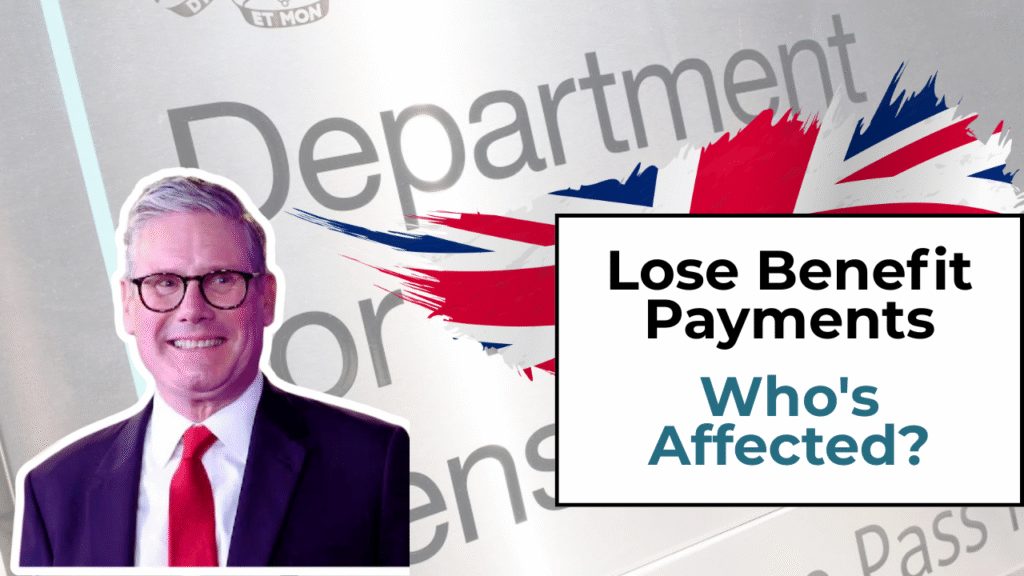The Department for Work and Pensions (DWP) has announced significant changes to Universal Credit (UC) eligibility rules, potentially impacting around 150,000 claimants. These reforms, part of broader welfare adjustments, aim to encourage increased work participation but have raised concerns among vulnerable groups and advocacy organizations.
Key Changes to Universal Credit

Increased Administrative Earnings Threshold (AET)
Effective May 13, 2024, the DWP raised the AET the minimum earnings level required to be exempt from intensive job search requirements. Previously set at £617 per month for individuals and £988 for couples, the thresholds have increased to £892 and £1,437, respectively.
Claimants earning below these thresholds are now placed in the ‘Intensive Work Search’ group, necessitating regular meetings with work coaches and active efforts to increase earnings. Failure to comply may result in sanctions, including benefit reductions or suspensions.
Mandatory Biannual Circumstance Confirmations
Starting April 2025, all UC recipients must confirm their personal and financial circumstances every six months. This measure aims to reduce overpayments and fraud.
Transition from Legacy Benefits
The DWP is accelerating the transition from legacy benefits to UC, targeting completion by March 2026. Recipients of benefits like Employment and Support Allowance (ESA) will receive ‘migration notices’ and must apply for UC within three months to avoid losing support.
Who Is Affected?
Low-Income Workers
Approximately 180,000 UC claimants working less than 18 hours per week at the National Living Wage are now required to seek additional work hours or higher-paying jobs.
Carers
Around 150,000 carers may lose their £80 weekly stipend if the individuals they care for become ineligible under the new rules.
Disabled Individuals
Stricter eligibility criteria for Personal Independence Payment (PIP) could affect over a million recipients, particularly those with conditions like arthritis or chronic pain.
Young and New Claimants
From April 2026, the health element of UC will be halved for new claims and frozen until 2030. Additionally, some under-22s may no longer qualify for certain benefits.
Government’s Rationale
The DWP asserts that these changes are designed to promote employment and ensure the sustainability of the welfare system. By encouraging claimants to increase their earnings, the government aims to reduce dependency on benefits.
Criticism and Concerns
Advocacy groups and some Members of Parliament have expressed concerns that these reforms may disproportionately affect vulnerable populations, including disabled individuals and low-income families. There are fears that the changes could lead to increased financial hardship and reduced access to essential support services.
Support and Resources
To assist claimants during this transition, the government has allocated £15 million to the ‘Help to Claim’ scheme, providing free advice through organizations like Citizens Advice.
Claimants can also use online tools to assess their eligibility and understand the impact of these changes, such as benefits calculators provided by charitable organizations.
Conclusion
While the DWP’s reforms aim to promote employment and reduce welfare dependency, they also present challenges for many claimants. It’s crucial for affected individuals to stay informed, seek guidance, and utilize available resources to navigate these changes effectively.




